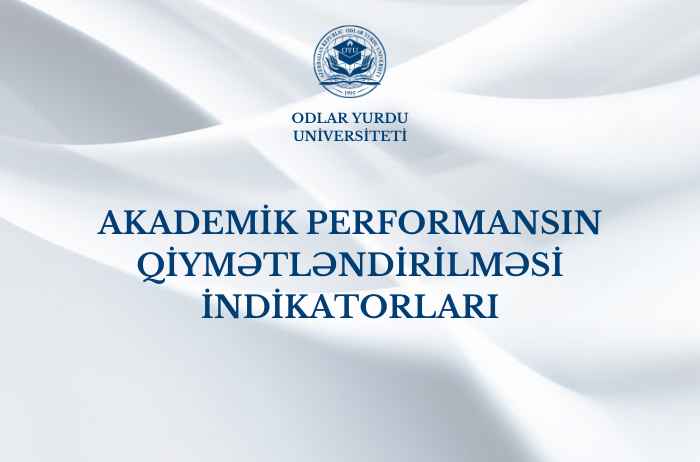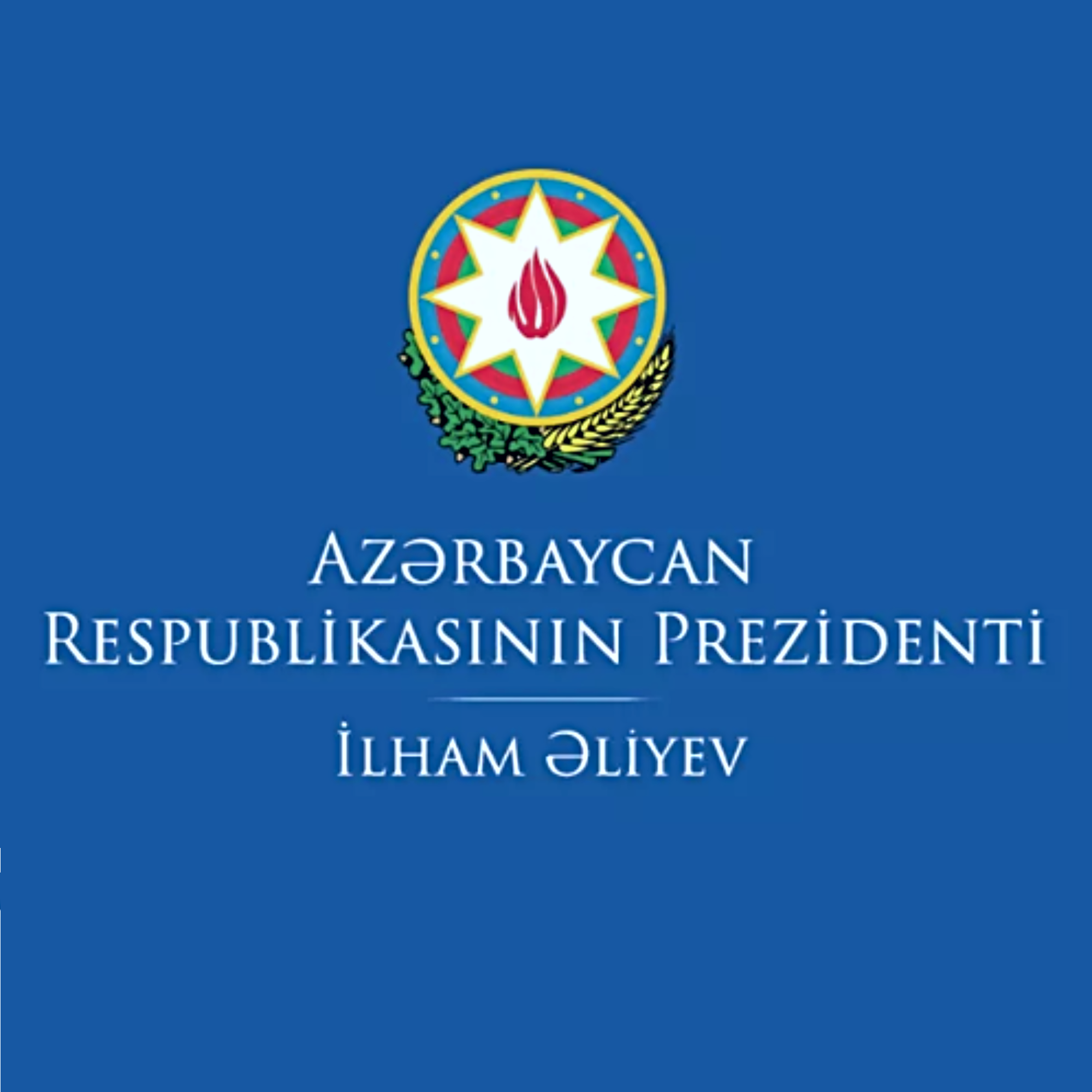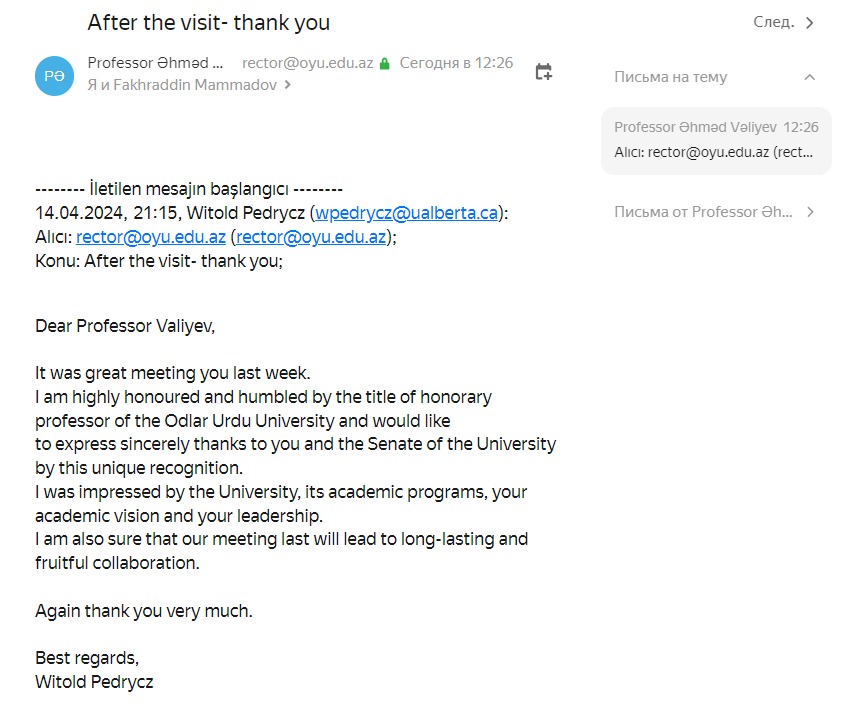
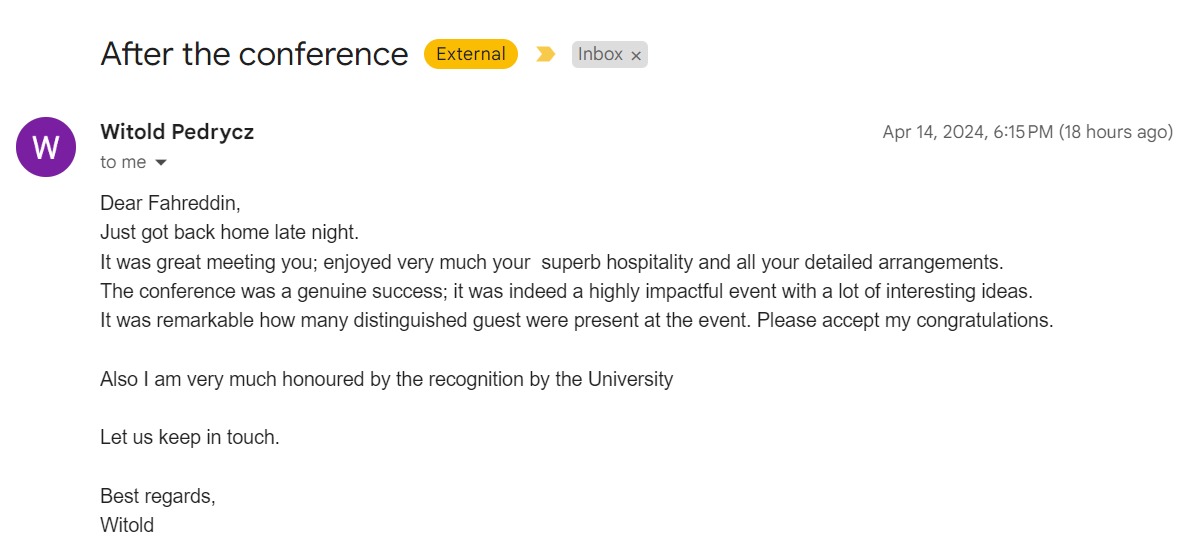

Quality Assurance of OYU
The Quality Assurance Policy at Odlar Yurdu University is based on the "State Strategy for the Development of Education in the Republic of Azerbaijan" (2013), the provisions of the Bologna Process, the "National Qualifications Framework for Lifelong Education of the Republic of Azerbaijan," the "Standards and Guidelines for Quality Assurance in the European Higher Education Area," state directives in this field, and the regulatory legal acts of the Ministry of Science and Education of the Republic of Azerbaijan and the relevant directives of TKTA in this area.
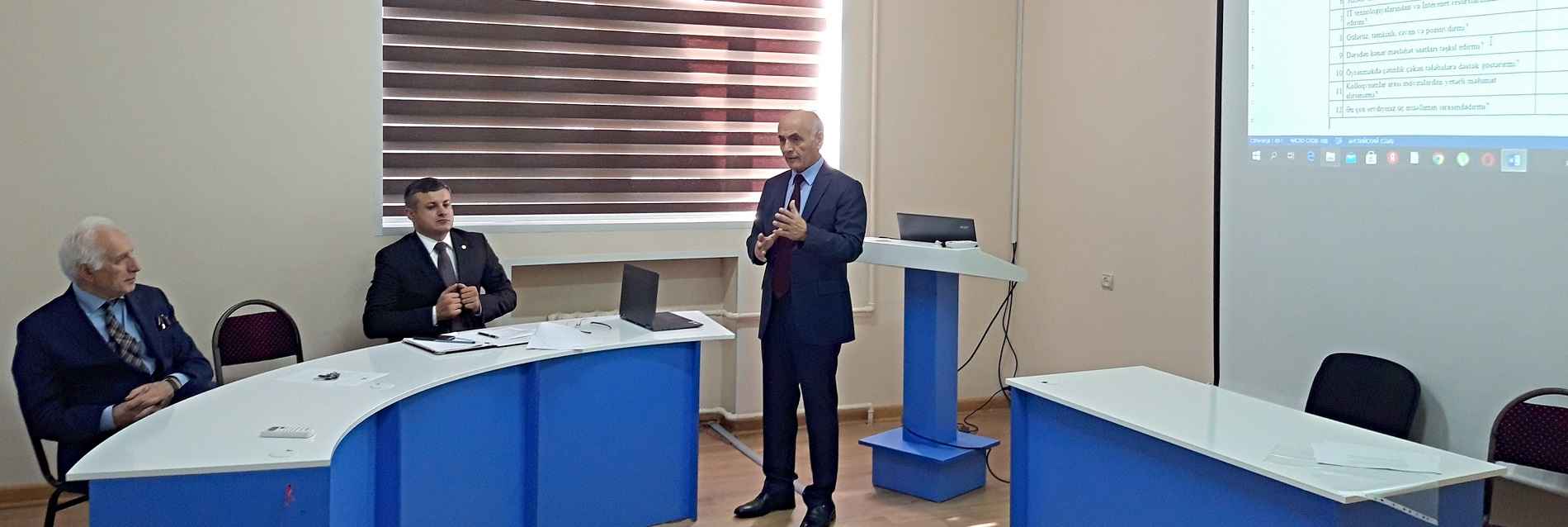

Importance of Strategy plan
The university's strategic plan is a document that includes guidelines and rules for both long-term and day-to-day institutional decisions, and also ensures and validates the institution's activities within the framework of its mission, vision and values.
It should be prepared and followed in accordance with the mandates and regulations of state institutions and accreditation bodies. Having a strategic plan can allow you to track progress toward goals. When each department and team understands your company's larger strategy, their progress can directly impact its success, creating a top-down approach to tracking key performance indicators (KPIs).
Strategic planning guides educational development by providing a common vision and shared priorities. Educational planning is both visionary and pragmatic, involving the institution's personnel in defining the future of education and mobilizing resources to achieve its goals.
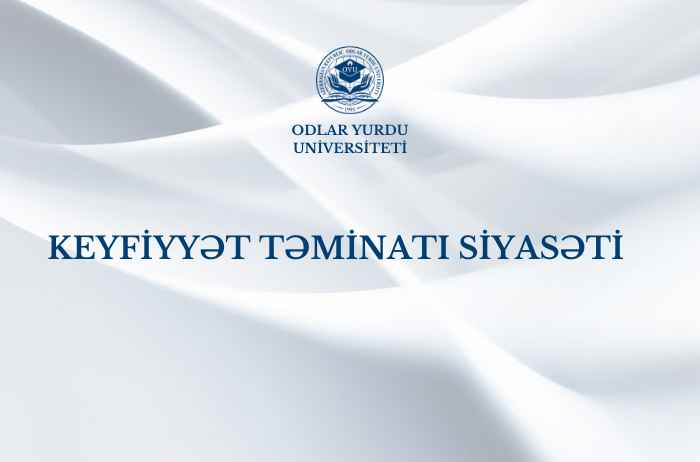
1. Quality assurance policy: Odlar Yurdu University aims to organize education at a high level and enhance its international competitiveness.
2. Strategic leadership: Under the leadership of Rector, Professor Ahmad Valiyev, the university implements a continuous development strategy to improve the quality of the educational process.
3. International standards: The university's policy is designed in accordance with the requirements of the Quality Assurance Agency in Education and the standards of the European Higher Education Area.
4. Accreditation process: The university periodically conducts internal quality assurance and accreditation processes.
5. Student-oriented approach: The educational system is focused on ensuring active student participation and development.
6. Innovative education: The university develops innovative subject and specialty programs and continuously improves teaching methodologies in line with modern requirements.
7. Resources and support: The university offers a wide range of resources and social opportunities to successfully support students in the learning process.

PUBLICATION IN WOS & SCOPUS
- AHCI, SCI-Expanded, SCI, and SSCI-indexed articles and other materials
- Articles / other materials in ESCI journals - indexed in Web of Science
- An article indexed only in Scopus
- CPCI indexed in Web of Science
CONFERENCE AND SYMPOSIUM
- In conferences and symposiums indexed in Web of Science / Scopus databases
- Chairman/Co-Chairman...
Click the "more details" button below to view the performance evaluation criteria.
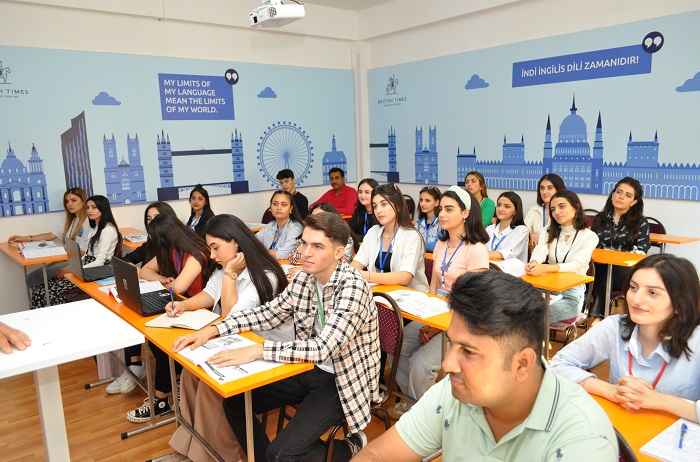
In this section, discover the criteria used to evaluate teaching quality. We provide a comprehensive overview of the standards for assessing various aspects of teaching, including:
1. Instructor’s Preparation: Evaluation of the thoroughness and effectiveness of the teacher’s preparation for classes.
2. Clarity and Effectiveness of Material Presentation: How clearly and effectively the teacher presents the material.
3. Student Engagement: The level of interaction and engagement the teacher fosters with students.
4. Application of Teaching Methods: The effectiveness and innovation of the teaching methods used.
5. Use of Technology: Integration and utilization of technology in the teaching process.
Our aim is to ensure that the evaluation process is objective, transparent, and independent, thereby enhancing educational outcomes and addressing any deficiencies in the teaching process.

